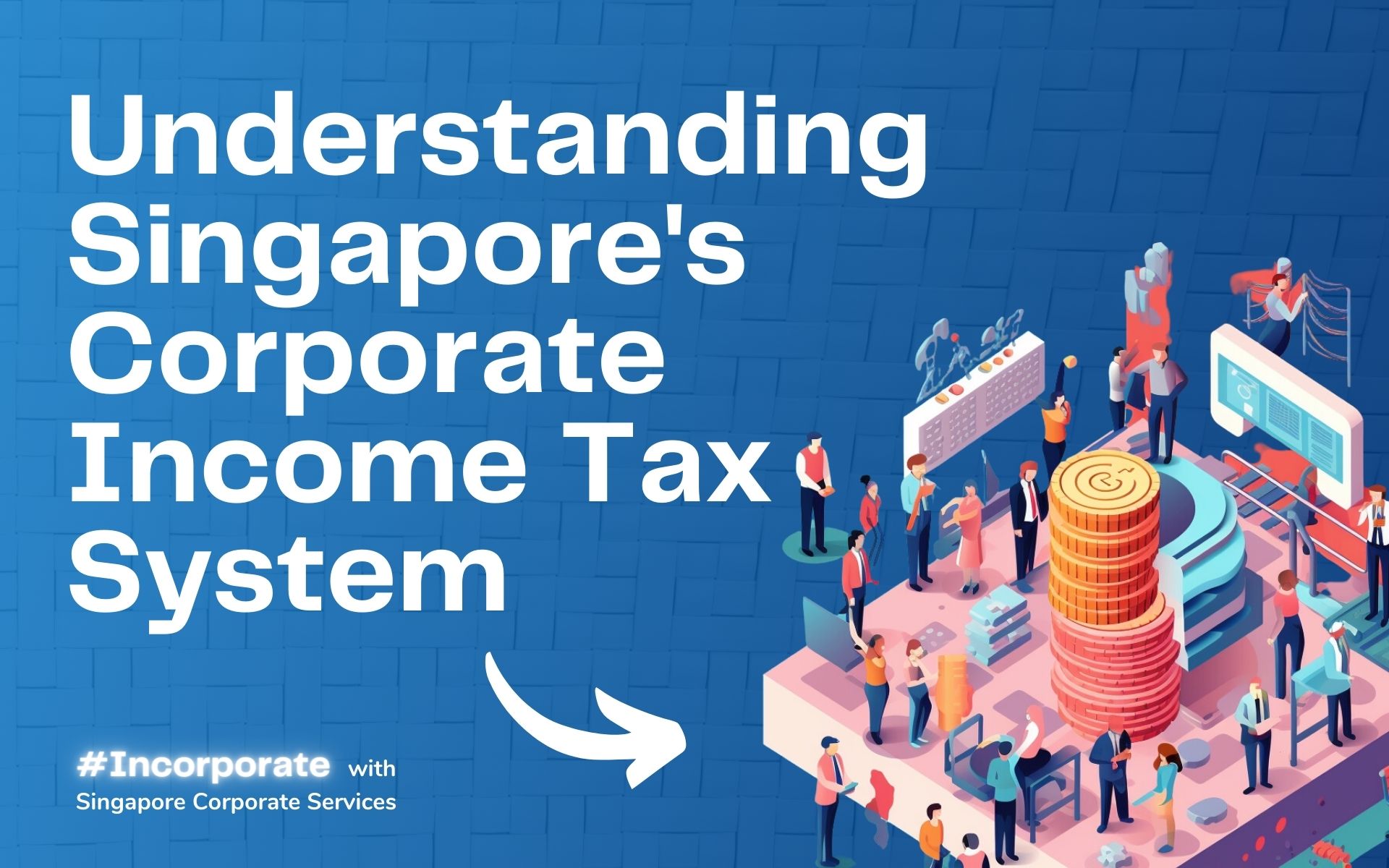As the end of the financial year approaches, it’s crucial to understand the intricacies of the tax system and ensure your business is well-prepared. In this guide, we’ll walk you through the essential aspects of Singapore’s corporate income tax, key dates and deadlines, compliance requirements, and strategic tax planning techniques. By following these steps, you’ll be well-equipped to handle the end of the financial year with confidence and ease.
Understanding Singapore’s Corporate Income Tax System
Tax rates and exemptions
Singapore has one of the most competitive corporate tax rates globally, standing at a flat 17%. However, various exemptions and rebates are available to businesses, such as the Partial Tax Exemption and the New Start-Up Tax Exemption, which can significantly reduce the effective tax rate.
Tax residency status for companies
A company is considered tax resident in Singapore if its management and control are exercised within the country. Tax residency is important because it determines the taxation of foreign-sourced income and access to certain tax benefits.
Taxable and non-taxable income
In general, all income earned by a company from its operations in Singapore is taxable, including gains from the sale of assets and investments. However, some types of income, such as dividends received from other Singaporean companies, may be exempt from tax.
Key Dates and Deadlines
Financial year-end date
Companies in Singapore can choose their financial year-end date. It’s essential to keep track of this date, as it determines when your company’s tax filing obligations arise.
Filing deadlines for Estimated Chargeable Income (ECI) and Form C/C-S
Companies are required to file their ECI within three months of their financial year-end. Additionally, they must submit their Form C/C-S, which contains a detailed income statement and tax computation, by November 30th of the following year.
Payment due dates
Tax payment deadlines depend on the filing method used. Companies that file electronically have one month from the date of the Notice of Assessment to pay their taxes, while those filing paper returns have 30 days.
Corporate Income Tax Compliance Requirements
Record keeping and documentation
Maintaining accurate and complete financial records is crucial for tax compliance. Companies are required to keep their accounting records for at least five years from the end of the relevant financial period.
Hiring a tax agent or an in-house accountant
Engaging a tax professional or hiring an in-house accountant can be beneficial in ensuring tax compliance and providing expert guidance on tax planning strategies.
Registering for Goods and Services Tax (GST)
Companies with an annual taxable turnover exceeding SGD 1 million must register for GST. This indirect tax is levied on the supply of goods and services and is currently set at 7%.
Tax Planning Strategies
Maximising tax exemptions and rebates
Take advantage of available tax exemptions and rebates, such as the Partial Tax Exemption and the New Start-Up Tax Exemption, to reduce your effective tax rate.
Utilising tax incentives and schemes
Singapore offers numerous tax incentives and schemes aimed at promoting specific industries and activities. Research these opportunities to identify potential tax savings for your business.
Managing expenses and deductions
Ensure that all deductible expenses are accurately recorded and claimed, as this can significantly impact your company’s tax liability.
Preparing for Tax Filing
Gathering required financial statements and documents
Compile all necessary financial statements, such as balance sheets and profit and loss statements, as well as supporting documents like invoices and receipts.
Completing and submitting Form C/C-S
Ensure that your Form C/C-S is accurately completed and submitted by the November 30th deadline to avoid penalties.
Paying the assessed tax liability
Promptly pay your assessed tax liability within the stipulated time frame to prevent interest charges and penalties.
Handling Tax Audits and Disputes
Responding to Inland Revenue Authority of Singapore (IRAS) queries
Cooperate with IRAS by providing the requested information or documents in a timely manner.
Preparing for a tax audit
Maintain organised records and be prepared to substantiate any claims made in your tax return in case of an audit.
Resolving tax disputes and negotiating penalties
Engage a tax professional to assist in resolving disputes with IRAS and negotiate potential penalties if necessary.
Seek professional assistance
By understanding the tax system, meeting filing deadlines, and adopting strategic tax planning techniques, you can effectively prepare your business for the end of the financial year. Our team of experts is here to help you navigate this process, offering professional assistance to ensure your company stays compliant with the law and operates smoothly. Don’t hesitate to reach out for support when needed, as our expertise can make a significant difference in your business’s financial success.
How to Change Your Company Name in Singapore
A company's name can significantly shape its identity, yet there are times when a change becomes...
Is Singapore a Tax Haven? A Comprehensive Analysis
Is Singapore really a tax haven, or is it simply capitalising on tax policies that spur economic...
Fiscal Year vs Financial Year: Definitions and Implications
Is there a difference between a fiscal year and a financial year? While they both refer to the...




